FEDPOFFA Mgt. Enhances Internet Connectivity On Campuses, Carries Out Phase 2 Fibre Broadband Expansion
With staff members and students increasingly dependent on high-speed internet in their various offices, classrooms, laboratories and halls of residence, the Polytechnic’s demand for bandwidth seems insatiable and the reasons for the large appetite are many. Research is one factor. Another is the Polytechnic’s growing tech ecosystem, including the proposed Institution-Based Technology Incubation Centre (IBTIC) for campus inventors, E-library services, Virtual Classrooms (LMS), Distance e-learning resources (ODFel) and the Polytechnic’s CBT Centre. Others are ICT infrastructure Development, fast internet for the unbundling of the ICT based programmes comprising the Department of Artificial intelligence, Networking and Cloud computing, Cyber Security and Data Protection.
When he assumed office as the 5th substantive Rector, the management of the Federal Polytechnic Offa led by the visioner, Engr. Dr. Kadiri Kamoru Oluwatoyin, FNSE promised to enthrone excellence, institution turnaround and digital transformation projects. Over two years in the saddle, he has continued to underscore its commitment towards building a world-class Polytechnic by pursuing activities aimed at the development of infrastructure in its two campuses. The digital Rector said his dream from the inception was to make ICT-based knowledge a focus of his administration and has been investing in a future-proof infrastructure that will reduce data transmission delays for staff and students users respectively. To this end, the phase two fibre network expansion project has begun in earnest at the main-campus, and this is expected to help the Polytechnic improve internet connectivity, speed affordability that will give the institution’s growing ecosystem a fillip.
On Tuesday, May 2025, the Public Relations Unit paid a working visit to the Departmental Service Centres and ICT server rooms to have a glimpse and witness first-hand the Polytechnic’s fibre revolution. Our correspondence caught up with the Chief Engineer, Visiontek Global Resources Limited, Engr. Segun Ajayi to learn more about the collaborative initiative and the extent of the new coverage areas across all locations. A little investigation and a chat with the Visiontek Chief Engineer revealed that this is the second phase of a massive fibre project, and the initiative is part of a broader management’s design to expand high-internet connectivity and increased broadband penetration throughout the Polytechnic community.
Providing further details on the broadband expansion initiative, Engr. Segun noted that the journey began last year with the installation of fibre-optic cables across all locations at the mini-campus to improve accessibility and overall students experience at the initiation phase of the project. He added that the extension of the fibre-optic connections to the main campus will help strengthen the Polytechnic backbone and will complement the existing kilometres covered by the first phase. According to him, the total on-land fibre deployments were installed in two phases of 1,500km each, bringing its current fibre kilometres to 3000km infrastructure for both campuses.
Communicating the new coverage areas and timespan of the second phase, Engr. Segun disclosed that with the expansion of the Wi-Fi range to the main-campus, the key areas covered, he noted includes the New Civil Engineering, Accountancy Department and new ICT Centre. Others are Female hostels A, B, C, D, Adeife hall, and the new boys hostels behind the main campus market. “Once you subscribe and enter the Polytechnic’s gatehouse, you will be on the campus Wi-Fi – whether a student or staff member.
Regarding project financing, the investment according to him is a joint initiative under the Build, Operate and Transfer (BOT) agreements with limited upfront investment from the Polytechnic. Under this agreement, Visiontek will build and run the network for a period of three years as a self-sustaining and commercial operation, but at rates that are affordable to the students and members of the Polytechnic community which is guaranteed to be cheaper than any comparable service available on campus. Thereafter, the entire infrastructure and administrative structures will now be transferred to the Polytechnic.
When asked about the challenges pertaining to fibre-based services when power goes out. Engr. Segun was quoted as saying that the company has deployed solar power as an alternative source of energy that will serve as a backup facility and keep the infrastructure operational without interference, thereby assuring reliability and availability of access always.
You may recall that on February 7, 2024, the Engr. Dr. Kadiri Kamoru-led administration launched the first phase of the campus-wide fibre-optic technology at the mini-campus covering the Engineering Complex, Stella Obasanjo Lecture theatre, ICE Data Centre, Old Admin block, Main Library, Aluta ground, Computer Science Department, PTDF Boys hostel and Motion ground. The second phase has now kick-started for the use of staff of the Polytechnic at an affordable staff-friendly pricing of two thousand (N2k) per month with unlimited high-speed internet services.
The Public Relations Unit reports that the hallmark of an institution’s development is the ability to advance and adapt to changes. The world is rapidly evolving, and no one, certainly not the fastest growing Polytechnic in Sub-Sahara Africa will choose to remain obsolete during this technological transformation. As FEDPOFFA management, through the ICT Directorate prepares the Polytechnic community for a digital transformation, one can only look forward to the changes that will modernize the Polytechnic and set a benchmark for educational institutions across Nigeria.
![]()

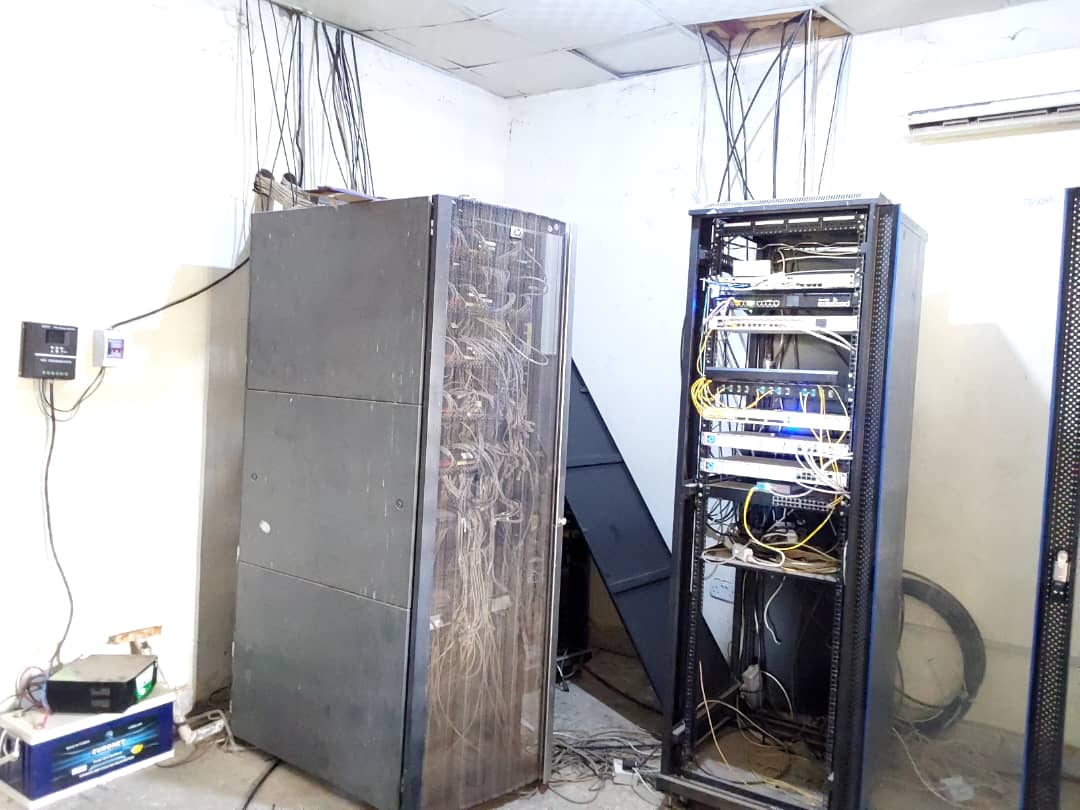
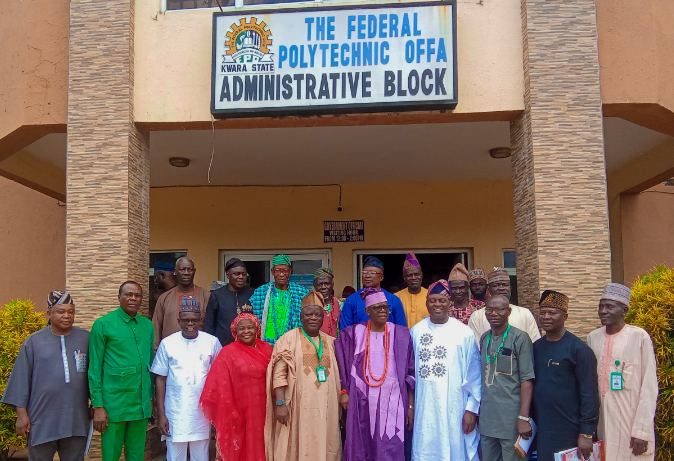
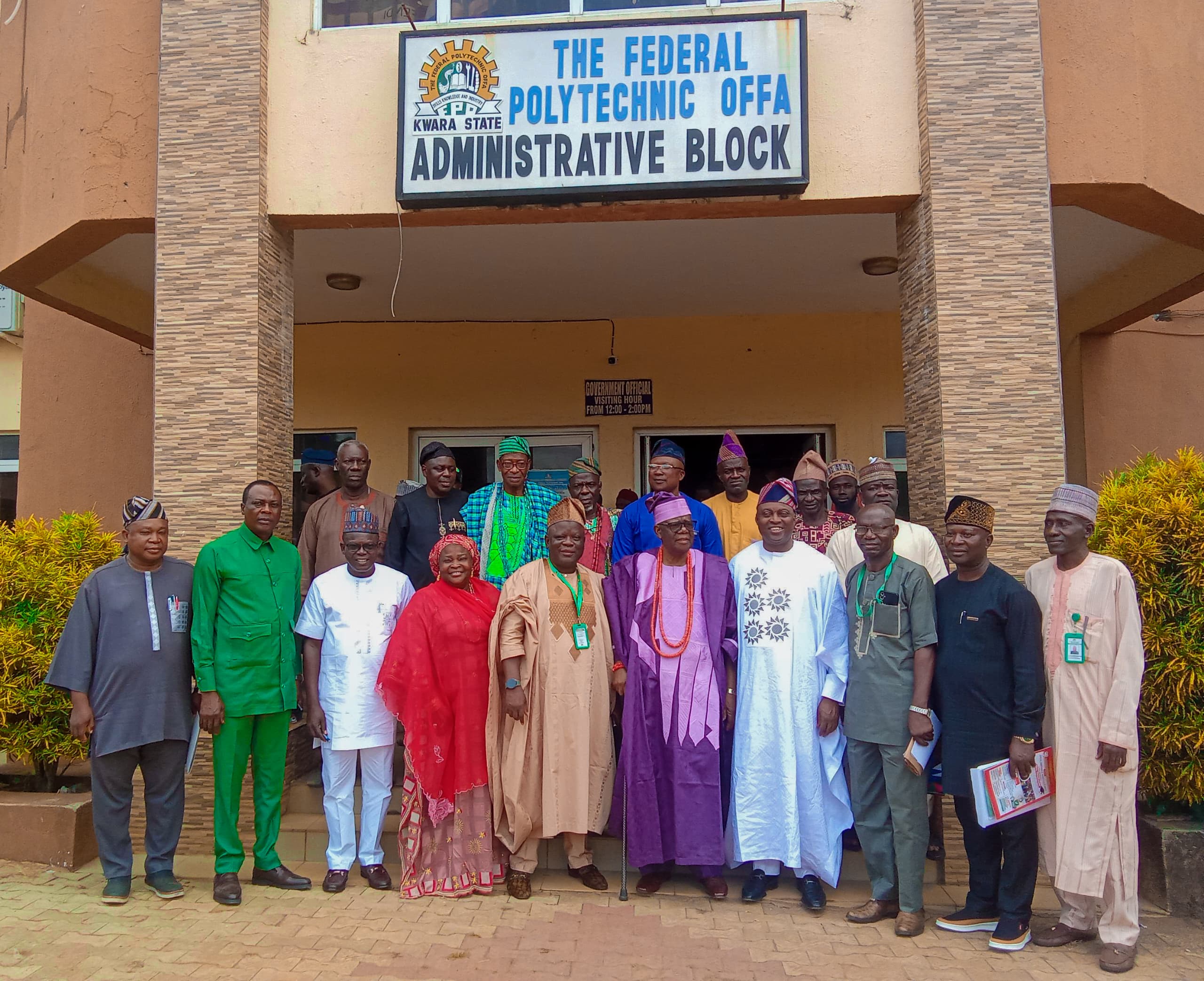
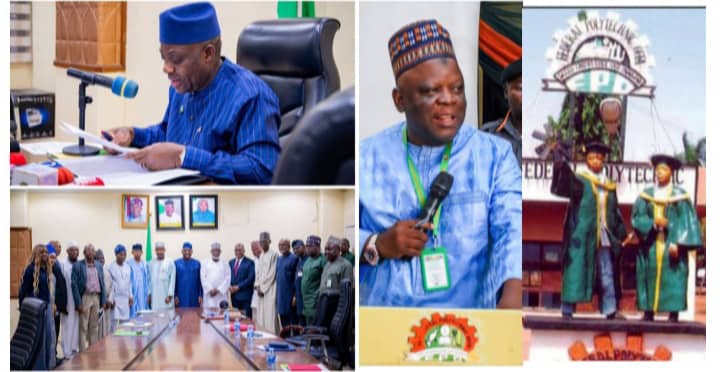
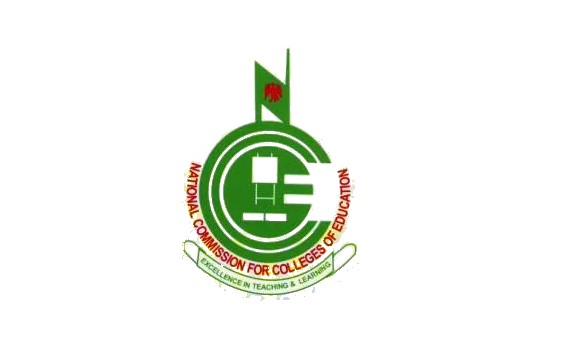



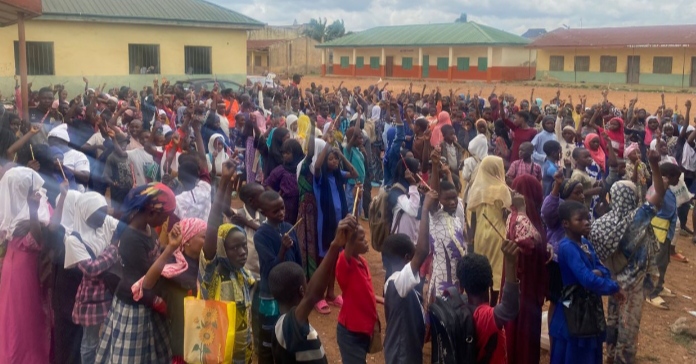
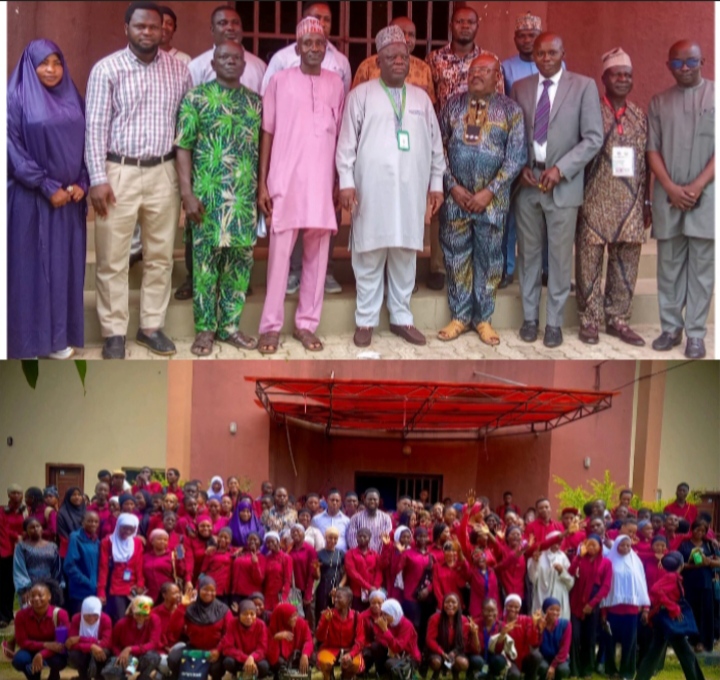
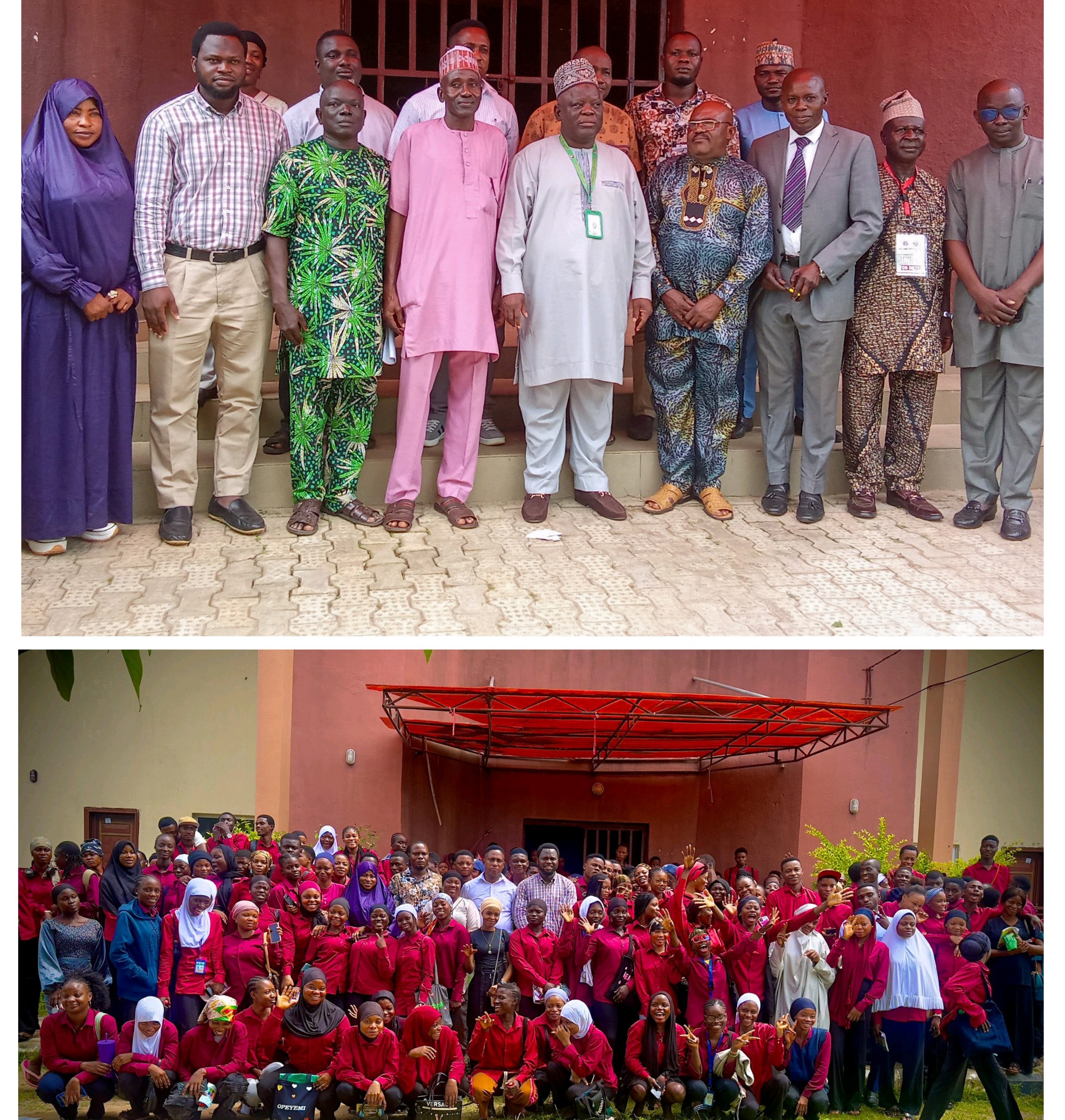
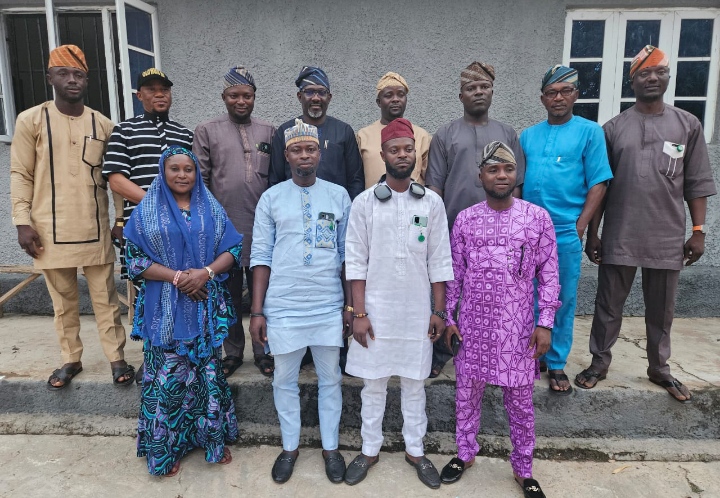
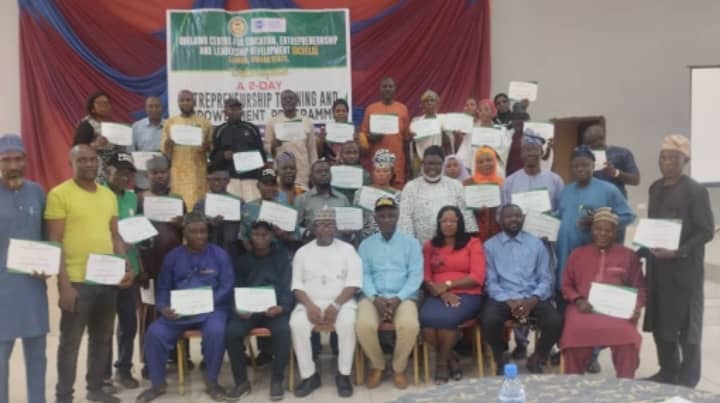
Leave a Reply